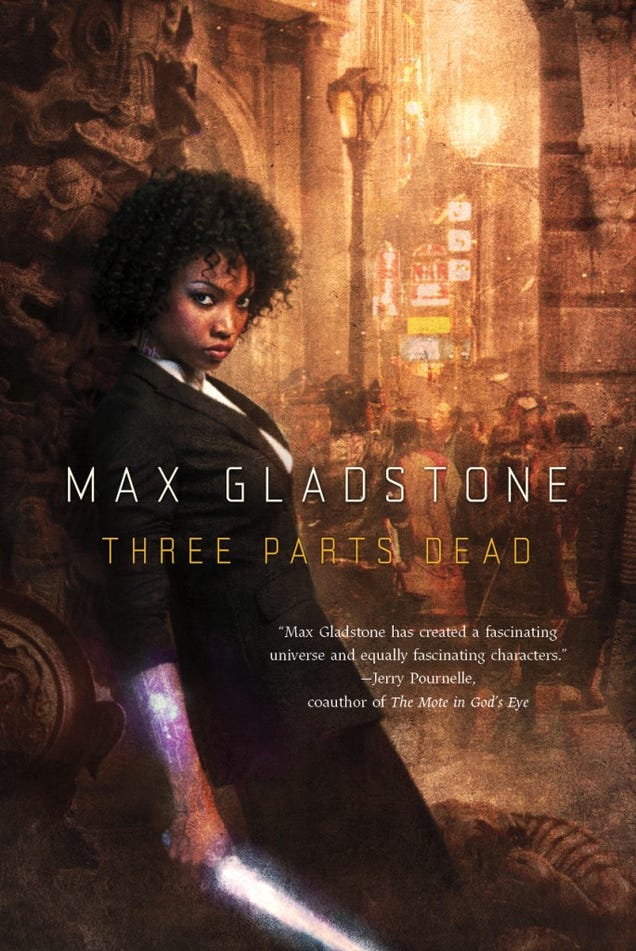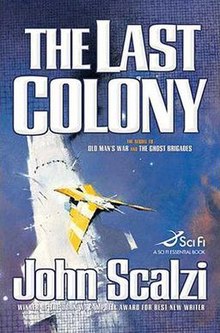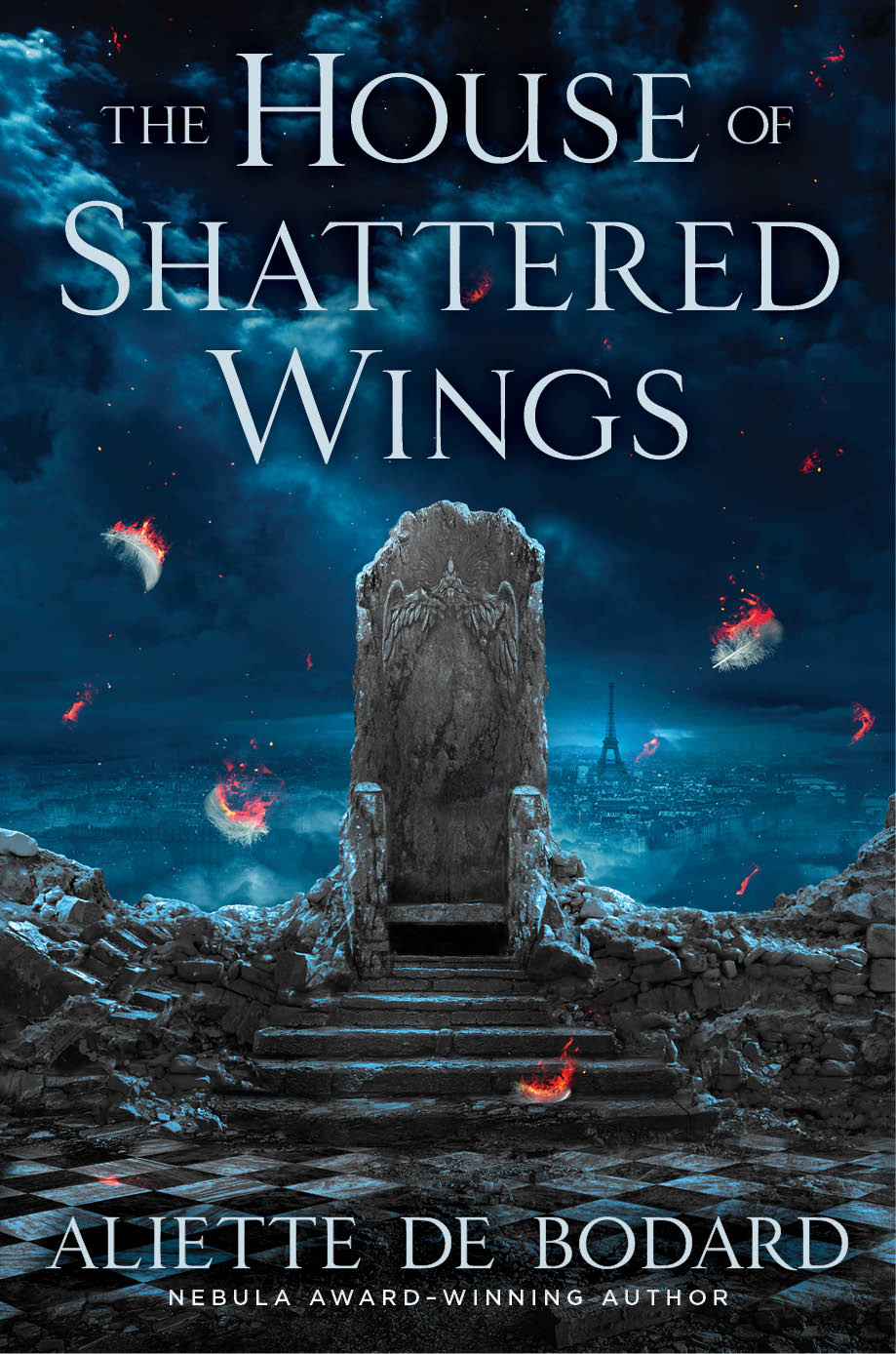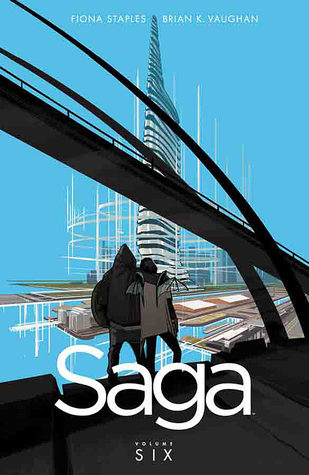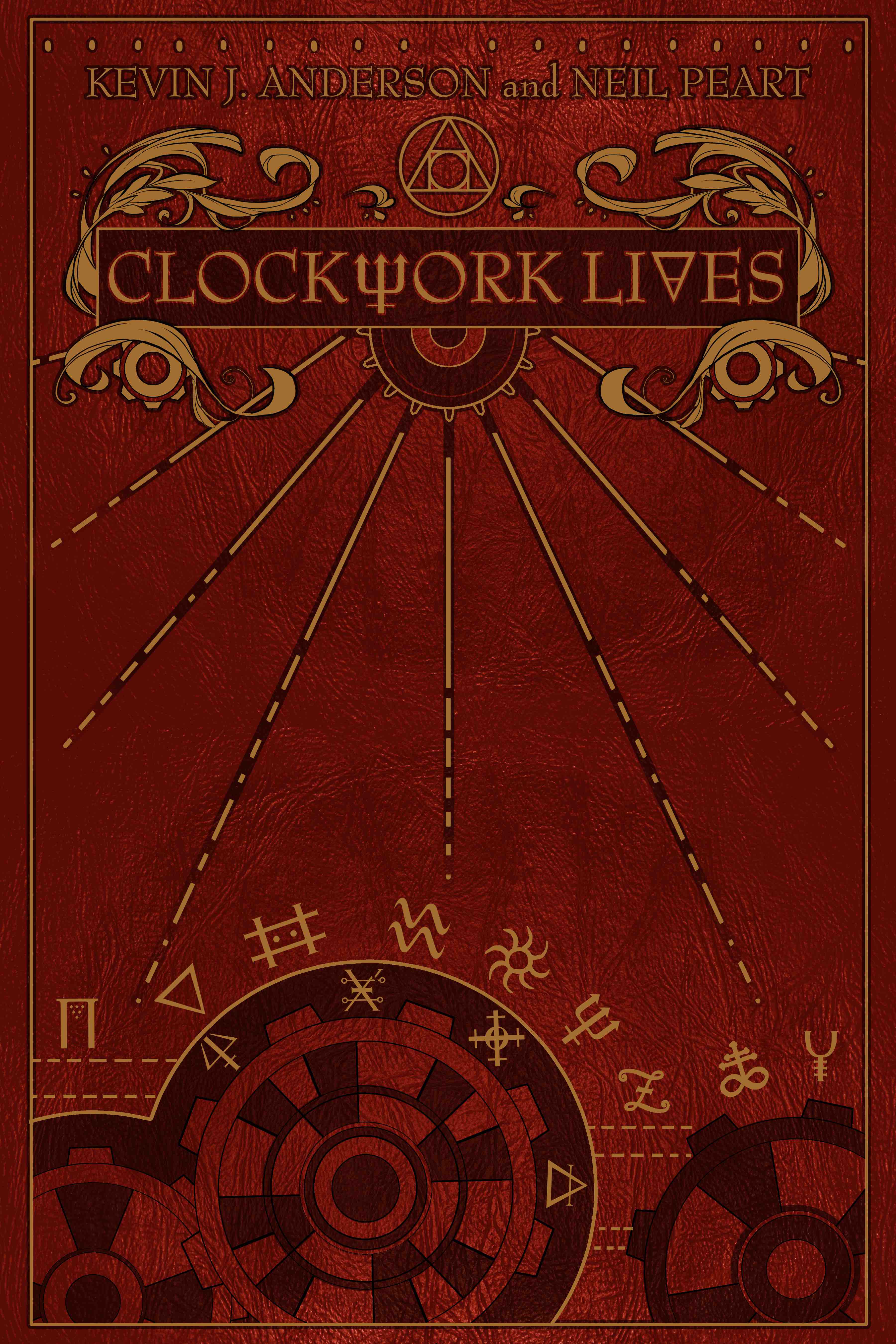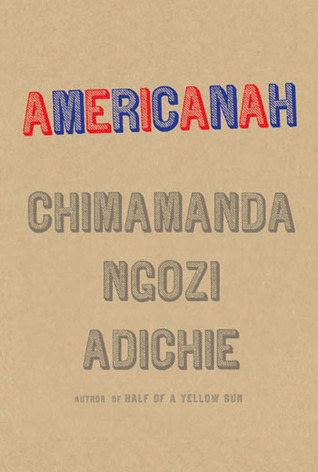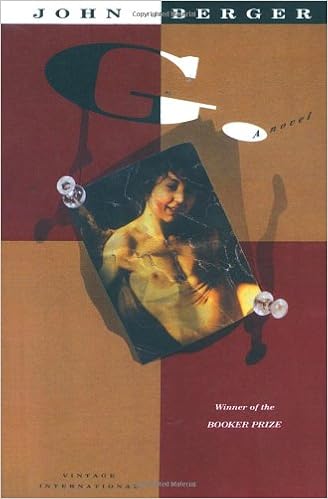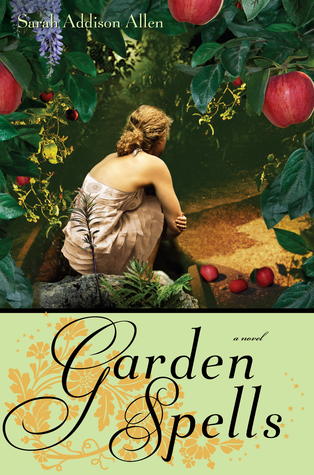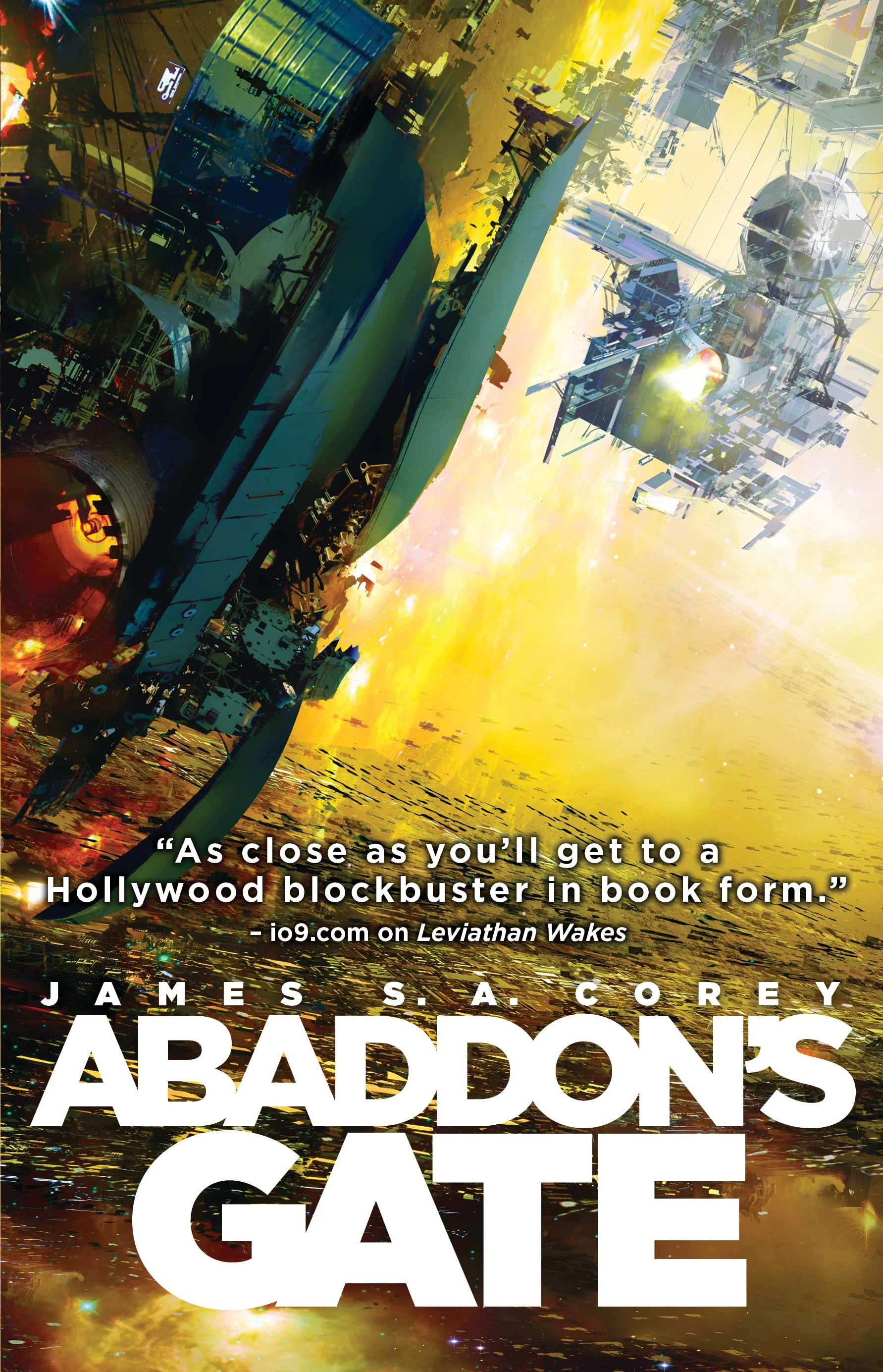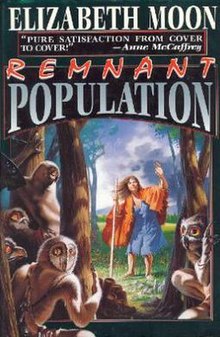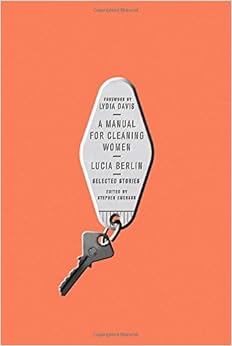

Living With a Wild God by Barbara Ehrenreich vs. Austerlitz by W.E. Sebald


The Third Policeman by Flann O'Brien vs.
The Narrow Road to the Deep North by Richard Flanagan


A Scanner Darkly by Philip K. Dick vs. Ancillary Sword by Ann Leckie


Green Grass, Running Water by Thomas King vs. The Paying Guests by Sarah Waters
This is a weird choice. I like Barbara Ehrenreich's books to an extreme degree, but this one didn't get to me as much as some of her others, even though it's a more personal story. On the other hand, Austerlitz was a book I admired more that loved. But even though I didn't love it, it's probably good enough to win this battle.
Winner: Austerlitz


The Third Policeman by Flann O'Brien vs.
The Narrow Road to the Deep North by Richard Flanagan
Two books that I tried valiantly to love. One of them I have a fondness for, but not a whole lot more, and one, by the end, just annoyed the heck out of me with how it handled a couple of the storylines. The extreme weirdness of Flann O'Brien is much more to my taste, even though I'm still not sure I understand it.
Winner: The Third Policeman


A Scanner Darkly by Philip K. Dick vs. Ancillary Sword by Ann Leckie
I'm very sorry, Philip K. Dick. I did like A Scanner Darkly quite a lot. It was trippy in all the right ways, and I liked your take on loss of identity. However, in the other corner is Ancillary Sword, which I enjoyed even more than the first book in the series, and I liked the first book a lot. Leckie takes this world into places more intimate and examines class and sexuality in an empire that seems to avoid mention of either. Right up my alley, and I loved it.
Winner: Ancillary Sword


Green Grass, Running Water by Thomas King vs. The Paying Guests by Sarah Waters
These are both really good books. The tension of a love affair gone terribly wrong in The Paying Guests kept me reading intently. However, it just can't quite compare to the sheer lyricism and humour wrapped around really difficult topics. King achieved something quite remarkable with Gree Grass, Running Water, and it definitely takes this book to the next round.
Winner: Green Grass, Running Water






